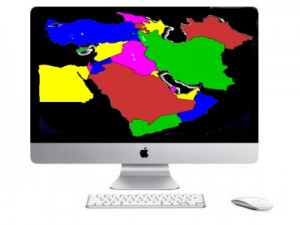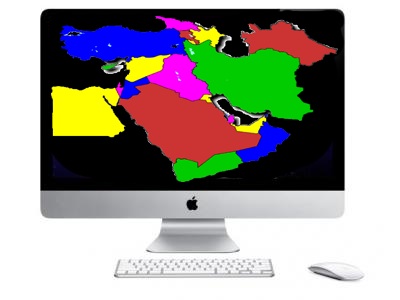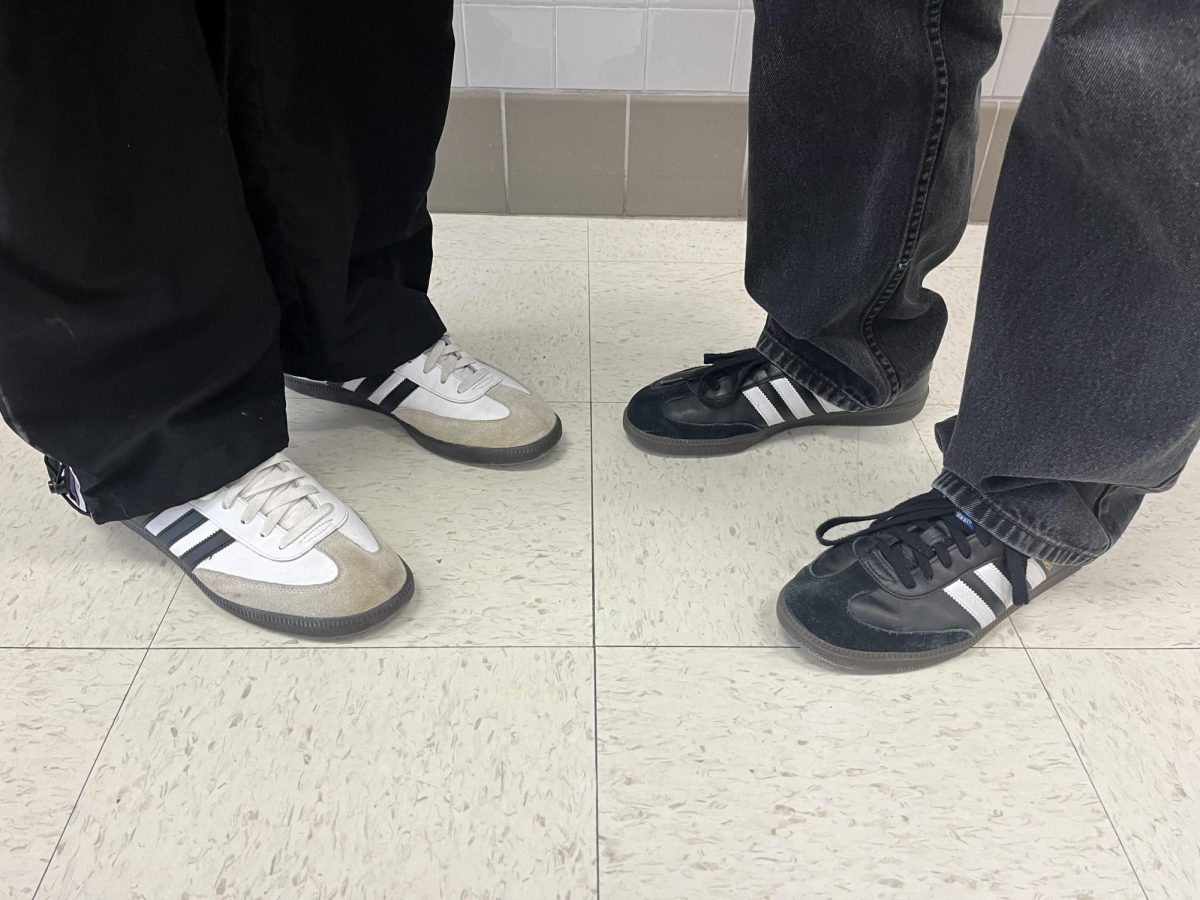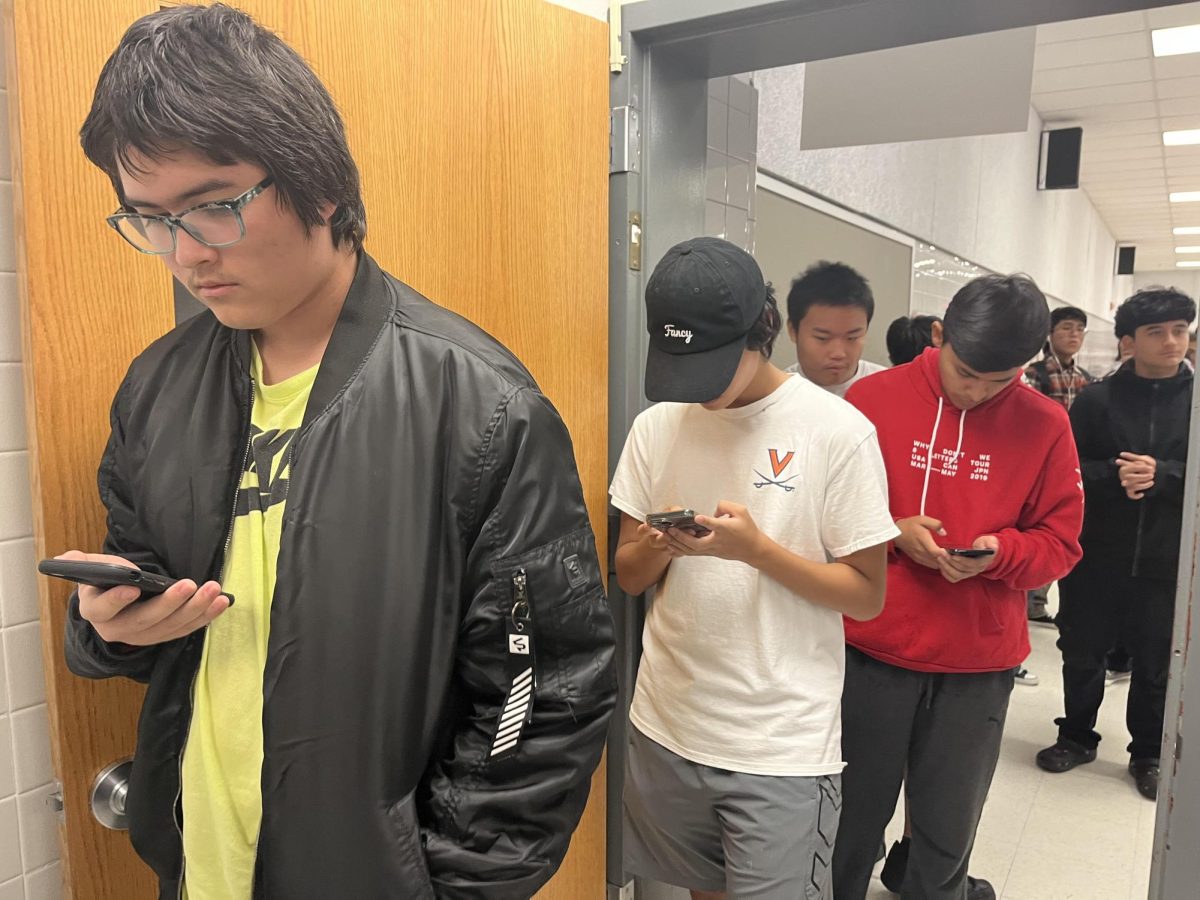 Merely two months ago, the landscape of the Middle East was strikingly different than that of the political atmosphere found in the same area today. As the world’s major cable news networks so adequately explained to us, starting on Dec. 17, 2010, Mohammed Bouazizi started more than one fire as he burned himself in protest of the Tunisian government – he sparked social turmoil across the Saharan countries, turmoil that has since spread into the Middle East.
Merely two months ago, the landscape of the Middle East was strikingly different than that of the political atmosphere found in the same area today. As the world’s major cable news networks so adequately explained to us, starting on Dec. 17, 2010, Mohammed Bouazizi started more than one fire as he burned himself in protest of the Tunisian government – he sparked social turmoil across the Saharan countries, turmoil that has since spread into the Middle East.
Sensing the oncoming wave of unrest, many neighboring heads of state haphazardly promised reforms and shortened terms, in an attempt to appease their people. That is, all but Egypt.
Hosni Mubarak, Egypt’s former president of 30 years, attempted to hold fast to the power which he had amassed over the decades, causing the political upheaval and revolution that had seized the limelight of the media for the weeks during that of which it occurred. Quickly, Egyptians rose up, the international community increased pressure and the rest was, as they say, history.
While the revolutions of the Middle East are far from being over, the profound effects of the recent Egyptian revolution will undoubtedly be felt for years to come.
First, however, it is important to ask the question: what were the ramifications of what occurred in Egypt? Well, obviously, a complete metamorphosis in government, but more so, the fact that it grabbed the world’s attention unlike any other political event in recent history.
Why did it do this? Many in the media dubbed it, the first “Facebook revolution,” and that is exactly the answer. In the world of up-to-the-minute information that we live in, hundreds of millions of social-media users had front-row seats to the show. However, there is more depth to this subject. Americans, tech-savvy or not, felt uneasy with the events in Egypt – concerning, to no surprise, their wallets. What was happening in Egypt was going to directly affect the prices of gas, goods that were usually shipped through the Suez Canal, and many of the other commodities that Americans use every day.
The fact that Egypt served as one of America’s leading allies in the Middle East and Israel’s best friend was important, but surely that was not enough to keep this story on the headlines of the ever-present networks: CNN, NBC and Fox.
One could argue that instead, it was sheer curiosity. We were all flabbergasted with the will of the Egyptian people and the speed at which these events took place.
So, now that Egypt has calmed down, we go back to our busy lives and for a short time, forget about the changing face of the Middle East.
As events become more hostile in Libya, however, we become more attentive to the atrocities that Gaddhafi continues to inflict on his people. In the short-willed world that we live in, the fact that this event is still perpetuating itself seems too mundane compared to the fast, we have began to only pay attention to events with an action-packed sequence of changes.
It is for this reason, that when asked, with the exception of what is taking place in Libya, many Americans cannot tell you what is currently happening in Bahrain – to the extent that they were knowledgeable about Egypt.
While real events with real consequences were procured by the protestors of the Middle East, moreover, for America this was yet another lesson on the changing and quickly shortening interests and attention-spans of the population, fueled by the proliferation and mass utilization of social media and modern technology. What is even more reason to pay attention to this sweeping movement is that at a school as diverse as AHS, events such as these have a direct effect on our friends, neighbors, and peers. It is time to smell the change in the air.









